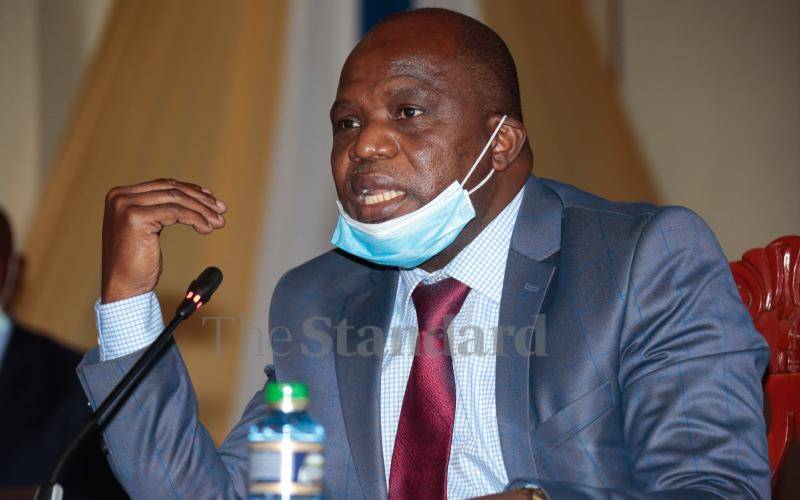×
The Standard e-Paper
Kenya’s Boldest Voice

Tana River Governor Dhadho Godhana and his Lamu counterpart Fahim Twaha were put to task to explain expenditure of Covid-19 funds.
The Senate Health Committee on Wednesday grilled the duo over delay to utilise emergency Covid-19 funds released last June. The committee is probing expenditure of funds granted to the 47 counties last year following audit queries by the office of the Auditor-General.